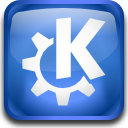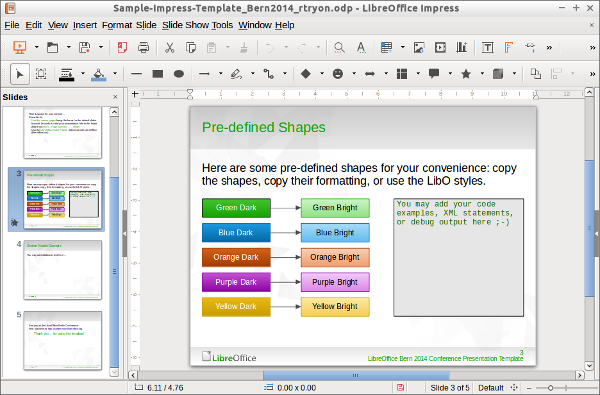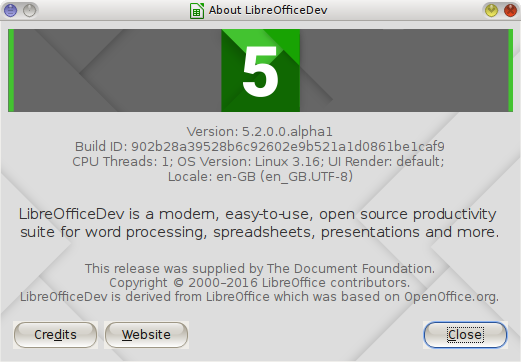Nextcloud document editing with Collabora Online Office
Thanks to a partnership between Nextcloud and Collabora there is now a great solution for self-hosting Online Office. Nextcloud has worked with Collabora to provide an easy-to-use Online Office solution for the first time for home users which is easily integrated into Nextcloud. At the same time, Nextcloud and Collabora have announced the of enterprise standard offerings to their customers, who will be able to access a secure, easy-to-use and integrated Online Office solution in their Nextcloud installation.
“Working with Collabora and the LibreOffice community enables us to provide a great solution for our enterprise customers”, said Frank Karlitschek, Managing Director of Nextcloud. “We’re proud to partner with Collabora, the creators of LibreOffice Online, to enable our community and customers to run their own Online Office suite.”

Introducing an integrated open source office suite into Nextcloud with support for popular file formats users has been a key goal for Nextcloud since its inception.
The result of Nextcloud’s collaboration Collabora is that Nextcloud users now have access to a free, and regularly updated LibreOffice Online docker image. Both companies are committed to providing regular updates of this image.
At the same time, enterprise customers can now purchase support contracts for a scalable, more secure version from Collabora and Nextcloud.

 GNOME is a desktop environment that is composed entirely of free and open source software, targeting Linux but also supported on most derivatives of the BSD operating system. Since the release of GNOME 3.0, the GNOME Project has focused on the development of a set of programs known as the GNOME Core Applications, for the adherence to the current GNOME HUD guidelines and the tight integration with underlying GNOME layers.
GNOME is a desktop environment that is composed entirely of free and open source software, targeting Linux but also supported on most derivatives of the BSD operating system. Since the release of GNOME 3.0, the GNOME Project has focused on the development of a set of programs known as the GNOME Core Applications, for the adherence to the current GNOME HUD guidelines and the tight integration with underlying GNOME layers. KDE has been creating free software since 1996 and shares a lot of values in respect of free software and open document formats with The Document Foundation. In addition, it brings the experience of running a free software organization for almost two decades to the TDF advisory board.
KDE has been creating free software since 1996 and shares a lot of values in respect of free software and open document formats with The Document Foundation. In addition, it brings the experience of running a free software organization for almost two decades to the TDF advisory board.




 A
A 